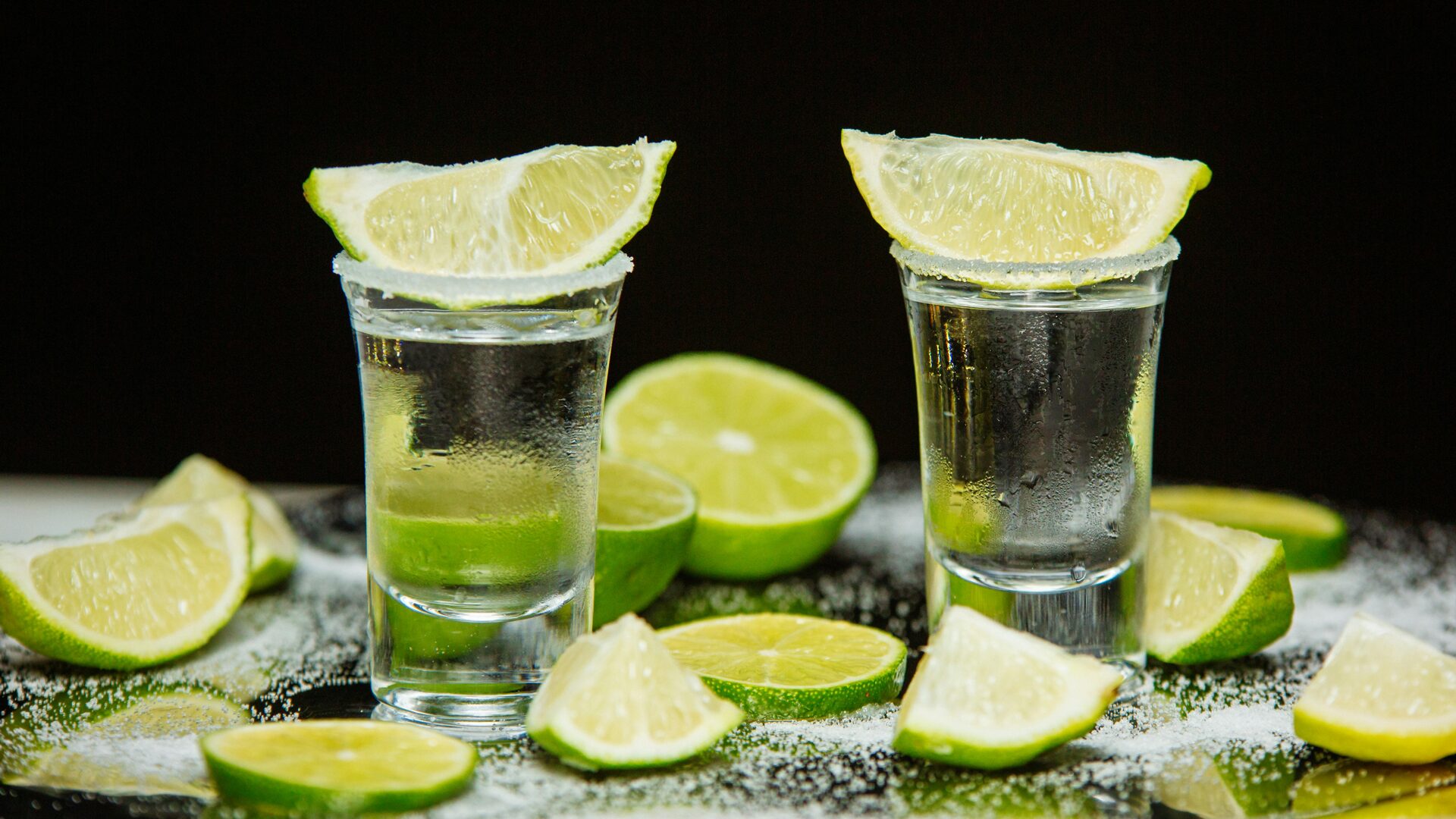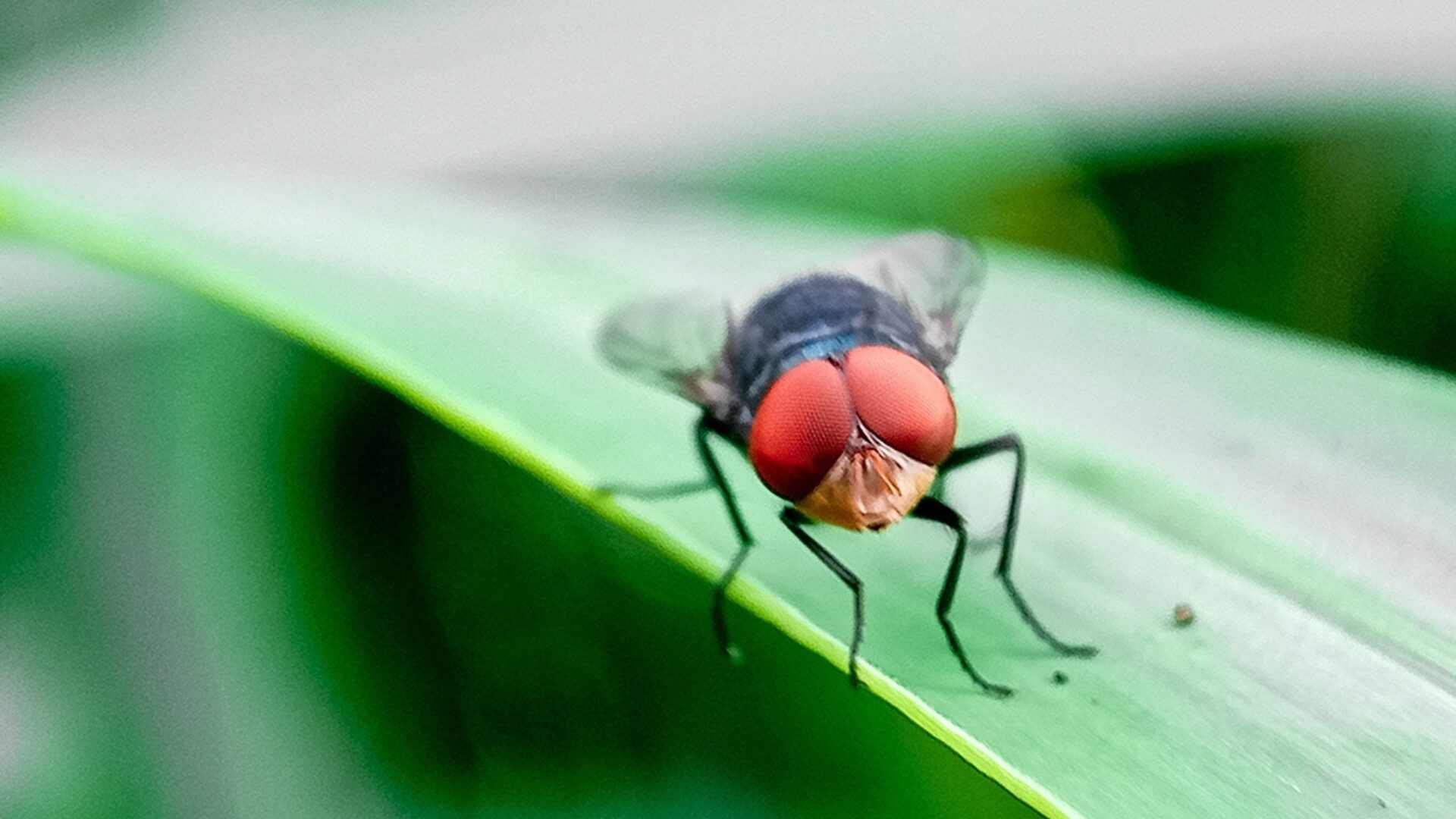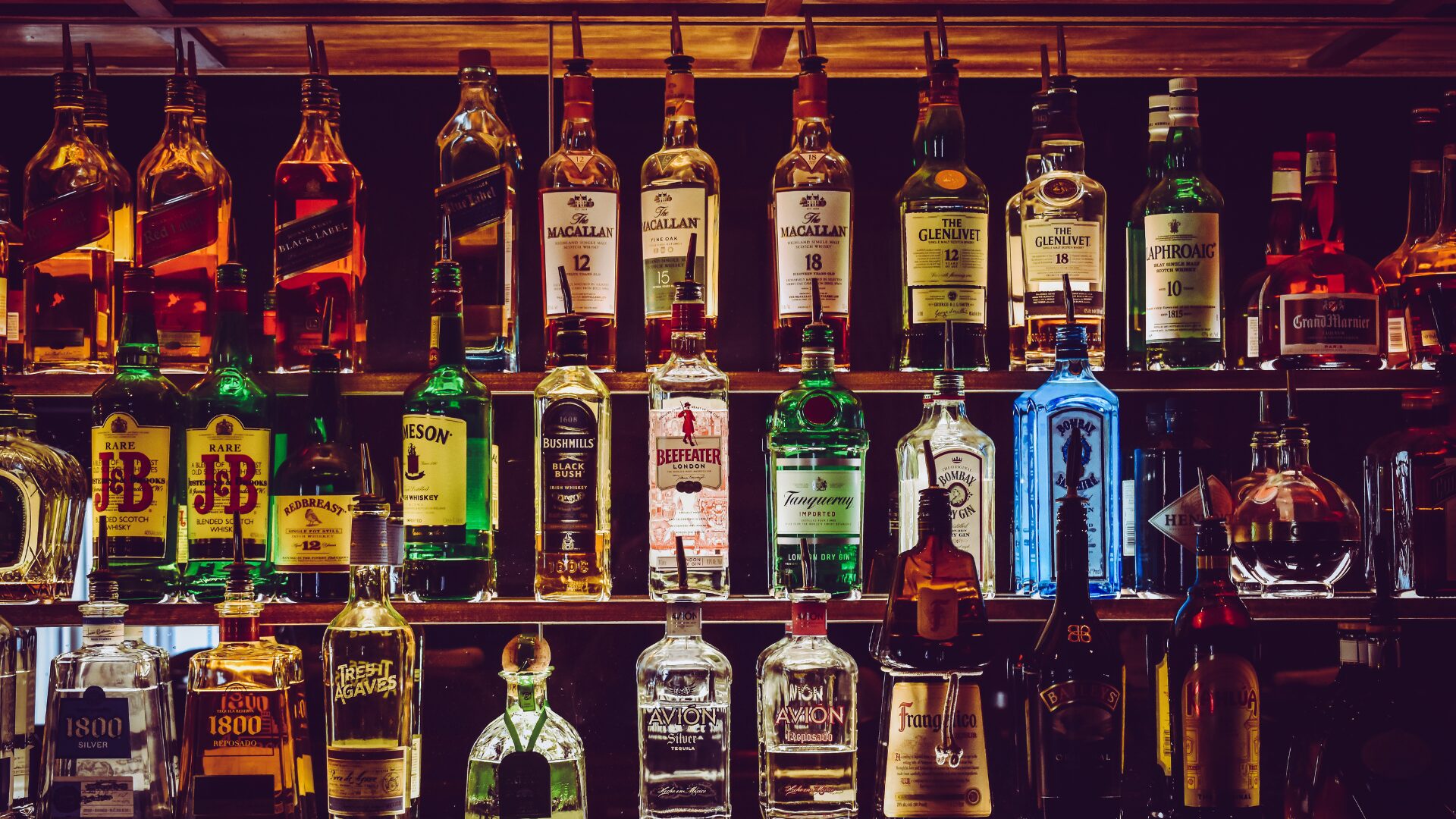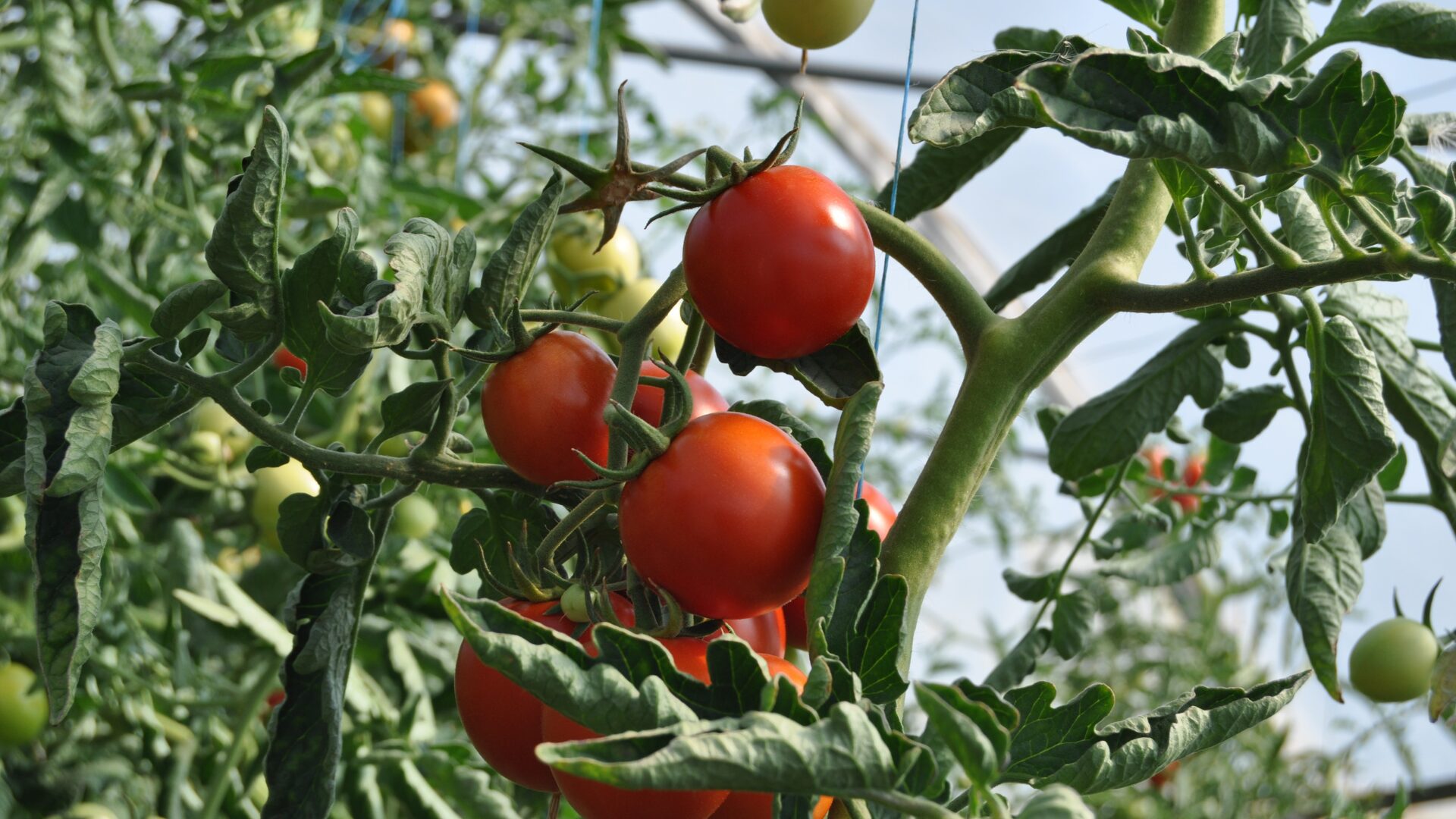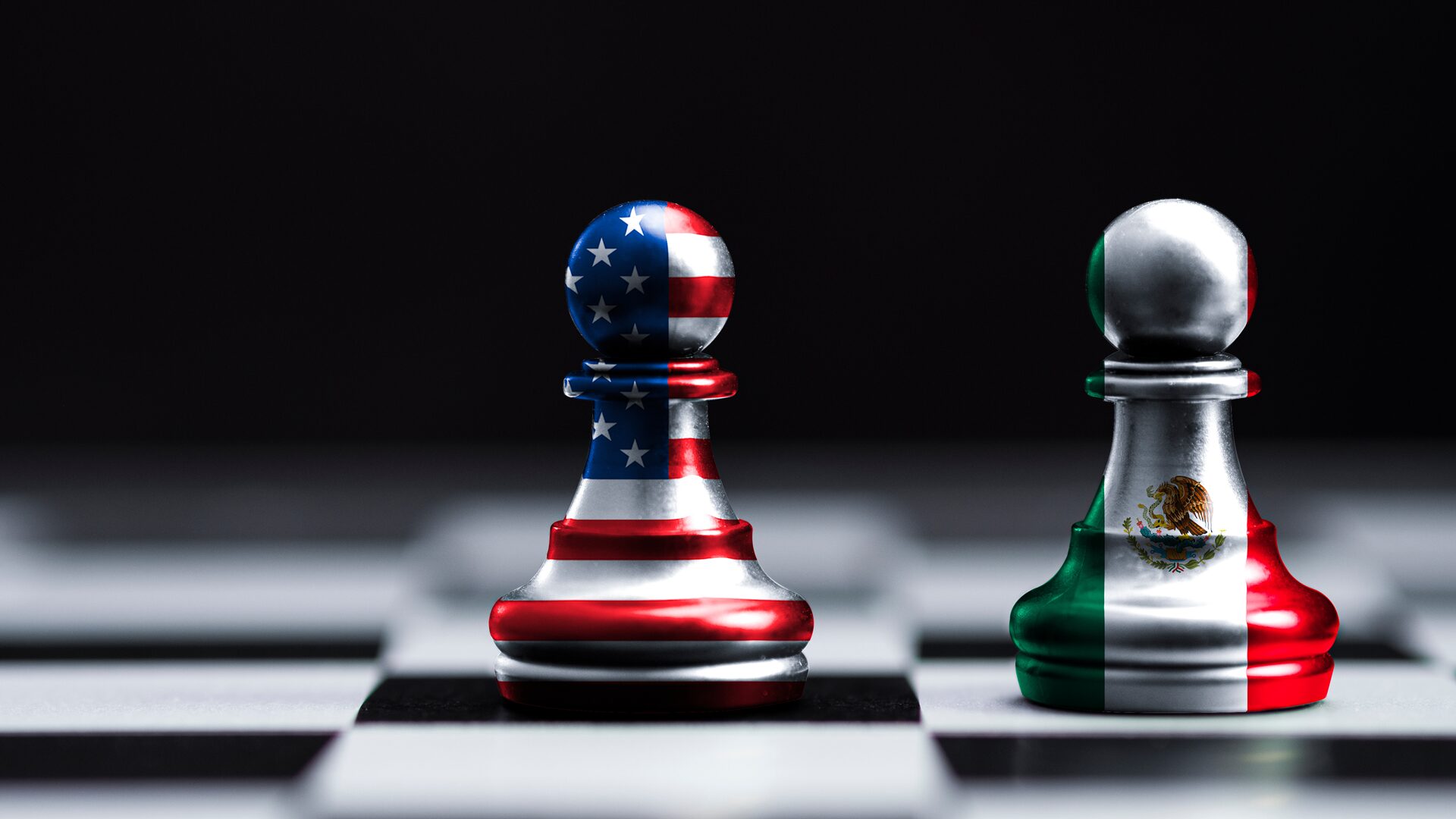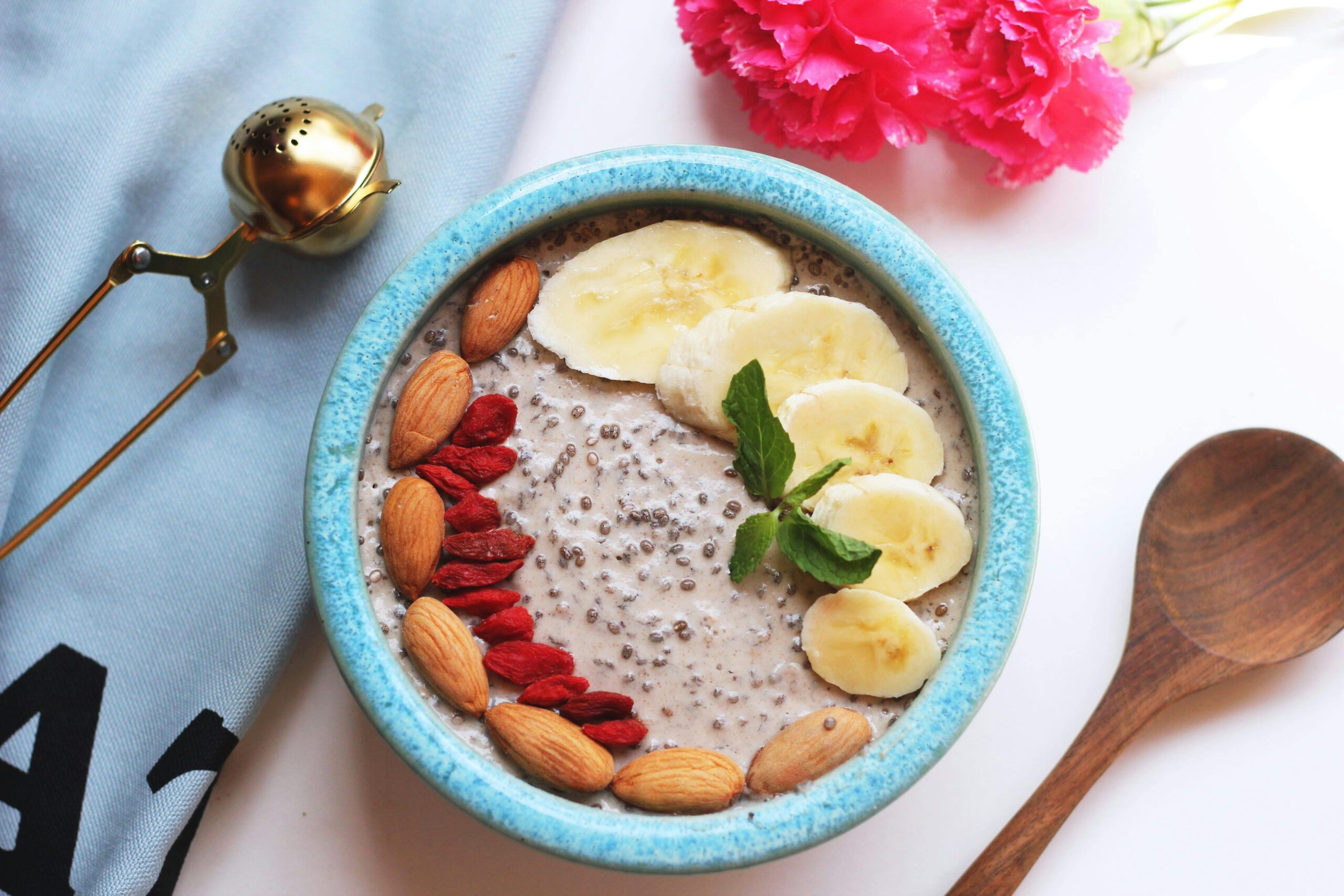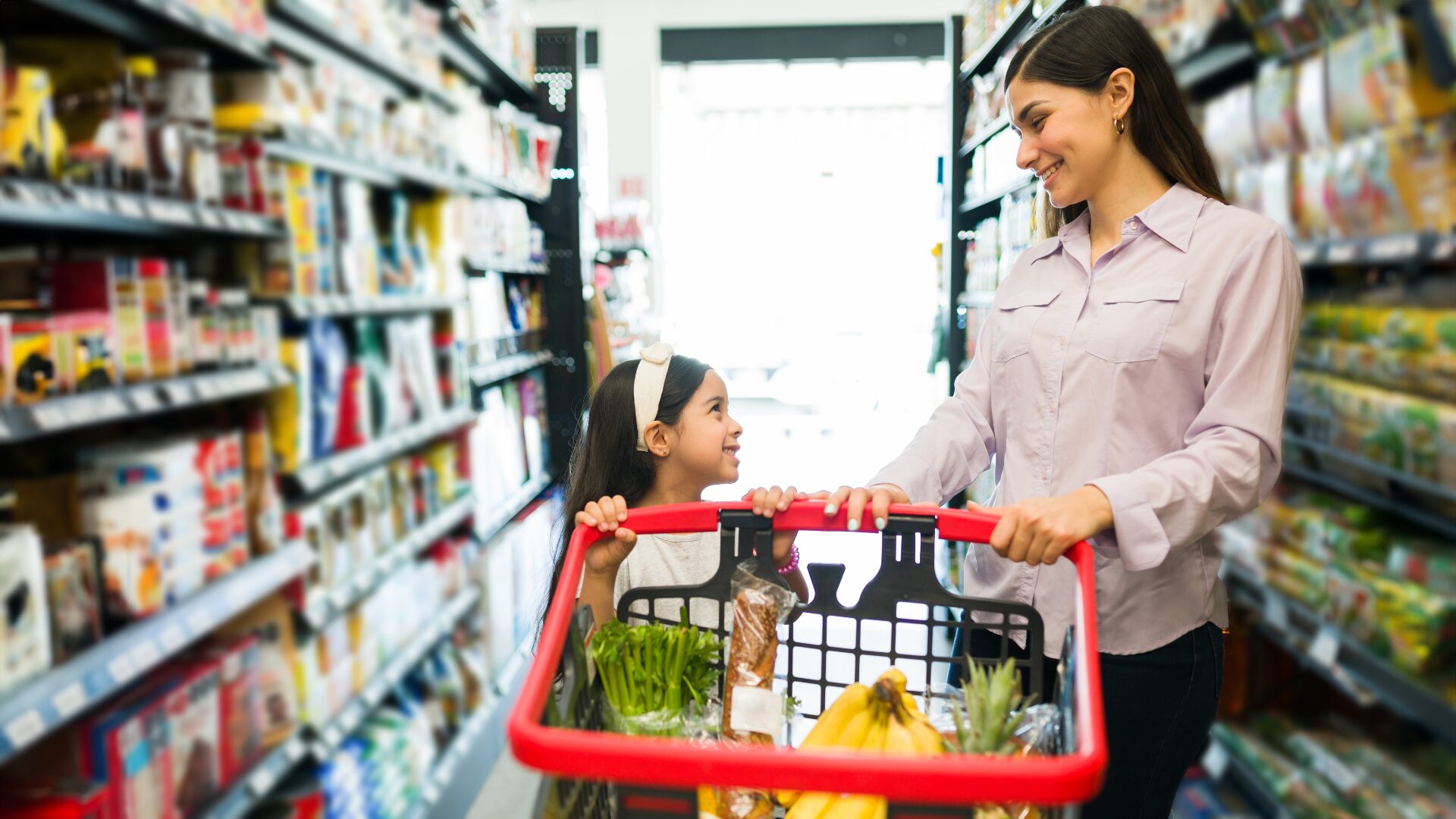For many, what began as a collegiate shot has now transformed into an at-home staple, a favorite party mixer, and a ready-to-drink refrigerated option. Tequila continues to capture consumers wherever and however they drink as the flavor zeitgeist from Mexico keeps rolling across the restaurant, retail, and grocery sectors.
Many brands are betting big on tequila. White Claw – the onetime pandemic-era darling of the RTD sector – released a Tequila Smash flavor in March. Meanwhile, Boston Beer launched Truly Tequila Soda, while premium tequila brand Casa Azul expanded its offering of tequila sodas with a new Playa Pack set.
“There’s just a lot more innovation happening in the beverage alcohol space overall beyond beer and wine,” said Rachel Dalton, head of retail insights at Kantar, to Modern Retail. “We’re seeing shoppers replacing other alcoholic beverages with these types of ready-to-drink, mixed drink options and definitely the convenience factor of that plays into the reason.”
“Mexico’s RTD market is thriving with a plethora of agave-based offerings,” according to a recent article in Food Engineering. According to Fortune Business Insights (FBI), the global tequila market size is valued at $11.04 billion and growing at a CAGR of nearly 6% to almost $19 billion by 2032.
According to Wine and Spirit Research, blue agave plant distilled beverage (ie, tequila) is the second-fastest-growing spirit in the category in recent years.
Per the FBI report, sales of agave-based spirits in North America increased over 30% year-over-year to almost $5.2 billion. Tequila trailed only premixed cocktails as tequila consumption has increased by 40% in the U.S. since the onset of the pandemic.
Tequila Growth is Fueled from All Sectors
The surging trend of infusing spirits to create new cocktails is galvanizing the tequila market. Tequila has long enjoyed a reputation as a sipping drink, but as new and exotic cocktails flood the market, the rise in cocktail culture has led to consumers’ insatiable palates for more tequila and more mezcal, por favor. The pandemic changed consumer purchasing behavior, and as more at-home mixologists explored new flavors and brands, at-home consumption of tequila skyrocketed around the world.
“On the consumer side, tequila is appealing because there’s a versatility to tequila and the flavor profiles that don’t exist in the vodka category, especially when audiences are becoming more and more health-conscious,” said Miles Marmo, co-founder of Agency Squid, to The Food Institute.
“Tequila is viewed as a clean spirit, but the cook, distillation process, etc., can pull out flavor notes that are sweet, savory, earthy, things similar to the whiskey industry without the need for significant aging. That also helps the brands go to market faster.”
Andrew Dickow is the national food and beverage leader at Greenwich Capital Group who noted that tequila is consistently ranked as the “least harmful” of all spirits (beer and wine rank amongst the worst), and in a market where consumers focus more on health and well-being, they tend to reach for something that won’t completely derail their health and fitness goals.
Like tequila.
“The innovation in RTD formats, such as tequila-based seltzers, margaritas, and palomas, cater to a demand for new and interesting flavors combined with the most popular spirit on the market,” he said to FI, “and unlike some spirits, tequila production has remained relatively stable, even during global supply chain disruptions. Agave (the plant from which tequila is made) is cultivated extensively in Mexico, providing a steady supply to meet the growing demand.”
Dickow also noted that consumers are shifting toward more high-quality artisanal spirits, and the broad range of tequila – from golden bottles of añejo to crystal-clear reposados – emphasize traditional production methods and unique flavor profiles.
Tequila is one of the more democratic spirits available – it can be consumed in a swift shot, sipped at room temperature or chilled, or mixed in a margarita or any number of other cocktails.
The Big-Bucks Tequila Market is Thriving
The tequila trend isn’t lost on those with the money to buy their way into the market, either. Celebrity tequila brands are booming – led by George Clooney and his popular Casamigos Tequila (which he recently sold for $1 billion), Casamigos led all celebrity-related online searches by una milla del pais (“country mile” in English), according to data from Booking Agent Info provided to FI.
Other notable celebrity tequilas include Dwayne “The Rock” Johnson’s Teremana Tequila, which won gold at a recent San Francisco World Spirits Competition and counts almost 260,000 monthly searches. Kendall Jenner’s 818 Tequila is also popular; Jenner infused her brand with a sweet caramel corn-like flavor that appeals to the masses and doesn’t really taste anything like tequila. Aaron Paul and Bryan Cranston’s Dos Hermanos also continues to sell well.
Marmo also points to simple market realities leading to the glut of tequila hitting the market in all its forms: tax implications.
“I do think a reason why tequila RTDs are expanding is because tequila ‘wine’ is being used as a base for a lot of these brands, which has some pretty significant tax implications,” he said. “Spirit taxes across the country makes it hard for smaller brands to scale – especially when the focus is on the RTD space where volume is necessary for growth – but tequila wine/agave wine is taxed differently and makes it more accessible for brands large and small to gain traction.”
For those who prefer a quick tequila hit without any of the aromas, flavor profiles, and sheer marketing emphasis that defines many brands today, it will be easy enough to rejoice come Cinco de Mayo for a quick shot (or three) of their preferred tequila – sales of lemons and limes are booming. Lemon volume sales are up 30% compared to pre-COVID years while lime demand is up 45%; analysts point to increasing imports, expanding per capita consumption, and moderate retail sales growth for the tart boom.
The Sustainable, “Mystical” Agave Plant
And for those concerned about the environment, eco-conscious entrepreneurs have entered the tequila space. Eric Brass is founder and CEO of The Sustainable Agave Company, who notes that “big tequila” production produces tens of thousands of tons of agave waste every year. The Sustainable Agave Company helps turn that waste into straws, bags, and more.
“We have a whole innovation department at The Sustainable Agave Company that adapts our formula for anything from bio rotisserie chicken containers to desert jars to sporks and portion cups,” Brass told FI.
“I believe the more products we can push to the market, the more common the biodegradable alternatives will become, which is great for growing the industry and reducing even more waste.”


